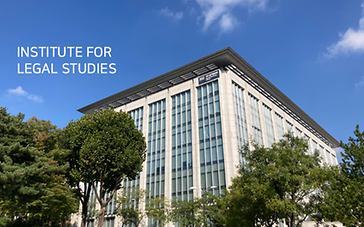- Institute for Legal Studies October 27, 2021
-
Academic Development of Law and the Realization of Legal Justice in the 21st Century
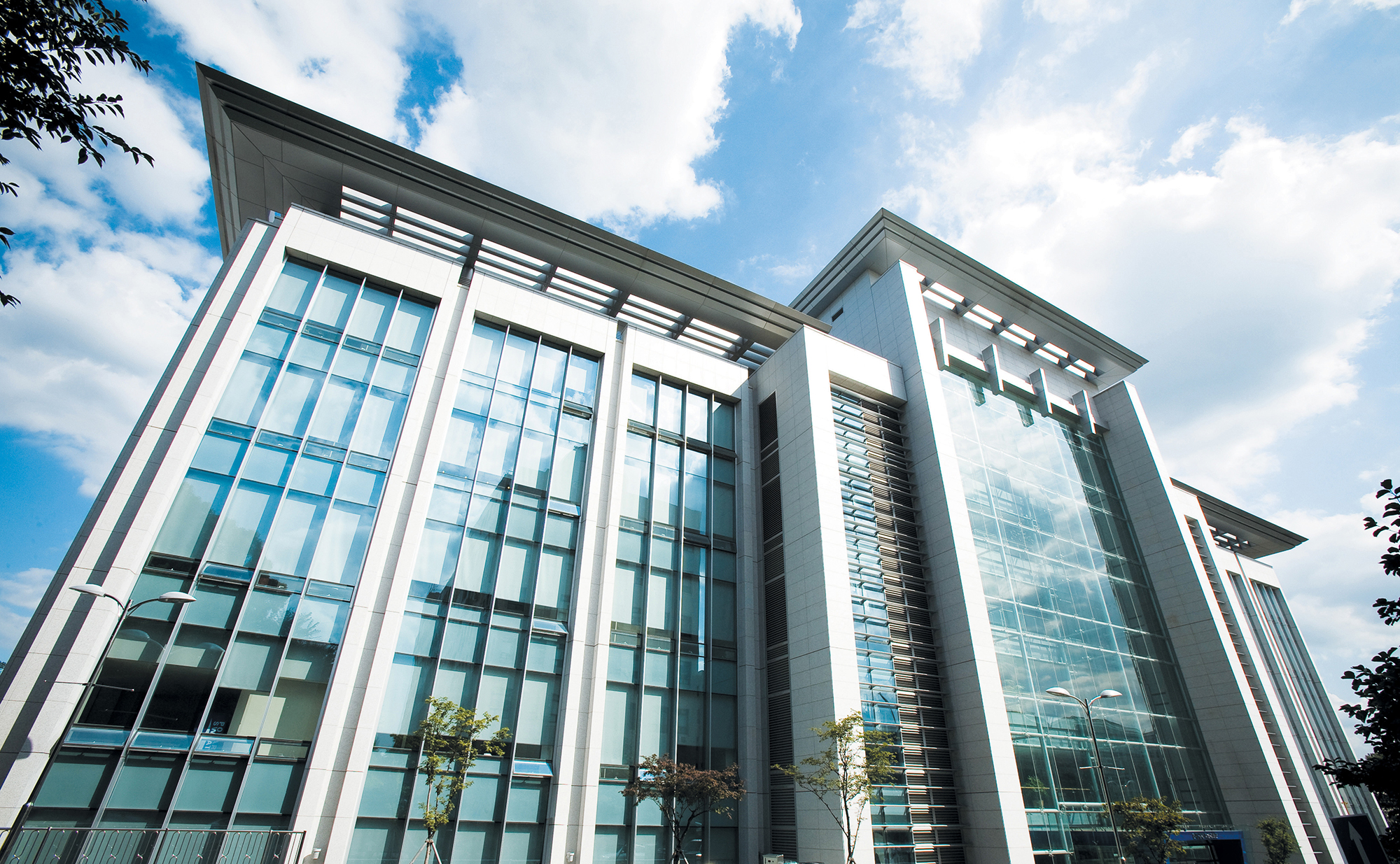
Academic Development of Law and the Realization of Legal Justice
Why is law necessary? The answer to this may be found in the sublime spirit of the law, which seeks to ensure the dignity of human lives. Suppose the ideology of law is to maintain social order and stability and realize social justice through its establishment. In that case, we could say that law is by far the most representative field of study within the realm of social science, for it has the fastest and the most direct impact on all sectors of society. However, with the pace of change in society exceeding that of law, there has been a need for enactment of new laws as well as revisions to those previously established to realize legal justice, and this eventually led to the field of legal studies of today called for the need for diversification, segmentation, internationalization, and informationization.
Yonsei Law School, which has been training talents who serve the nation and the community by establishing the rule of law and democracy in our society based on Yonsei's founding ideology of truth and freedom, operates the "Institute for Legal Studies" as a university institute for the realization of legal justice and academic development of law, which are the needs of this era.
The "Institute for Judicial Studies" was established in March 1969 to facilitate research in the field of legal studies. The institution was later expanded to mark its turning point to leap forward as it was restructured into the "Institute of Legal Studies" affiliated with the College of Law in June 1993. Fast forward to March 2009, simultaneously with the opening of the Yonsei Law School, it was promoted to become a university institute independent from the Law school to become the "Institute for Legal Studies" of today. The Institute for Legal Studies, which has expanded its research activities and scope, has been designated as a key research institute supported by the National Research Foundation of Korea and has developed into a hub of in-depth research and expanded academic exchanges.
The institute has served as a hub of academic exchanges by inviting renowned scholars from home and abroad, holding academic conferences and joint academic conferences with various institutions, and actively promoting academic exchanges with world-class researchers and research institutes at international academic conferences. Additionally, the institute strives to publish and distribute law journals so that research outputs of scholars in the field of legal studies can be published and shared while strengthening exchanges and cooperation with foreign academic institutions. Furthermore, various efforts are being made for the academic development of legal studies, such as securing and providing convenience in the use of academic resources, as well as participating in the policymaking process by creating a positive cycle between academic research and the judicial system and its services through the signing of business agreements with the Judicial Policy Research Institute under the Court of Korea.
The Institute for Legal Studies, which has a history of more than half a century, has gone through three stages of change from the "Institute for Judicial Studies" to the "Institute of Legal Studies" affiliated with the College of Law and to the current "Institute for Legal Studies" as a university institute, going through developments and transformations to eventually emerge as the nation's leading university research institute in the field of legal studies that assume a significant academic and social role in today's society.
Establishment of the Regional Law Centers, in Response to the International Trend of Law Research
The Institute for Legal Studies currently operates with the participation of working-level staff consisting of Director Park Dongjin (24th), Vice Director Kim Hongki, Editor-in-Chief Han Sang Hoon, and the Steering Committee that is made up of faculty members and doctors of laws. Currently, there are a total of 91 researchers, with 41 standing researchers, six visiting researchers, 29 professional researchers, and 15 researchers conscientiously working in the institute.
The institute has established research centers dealing with specialized and regional law fields to meet the international trend of specialized and subdivided legal research and the need for specialized law education at the Law School. As for the specialized areas of law, the institute has broadly organized the characteristics of the modern society into "democratic constitutional society," "global economic society," and "knowledge-based society," and to pursue law education that meets the emerging demands, the institute has established three centers, the "Center for Public Governance and Law," "Center for Global Business and Law," and "Center for Medical and Science Technology Law." These specialized research centers conduct in-depth research on human welfare that follows the progress and advancement in areas such as democracy and the rule of law, global financial order, and human welfare in the development of science and technology. The research projects in such fields can also be seen as a reinforcement of the link between the institute and the specialized education that the Yonsei Law School strives for.
The "Center for Public Governance and Law" focuses on the state public sector, civil society, and international society. Research topics include national policy and administration, social integration, and international cooperation. The center is especially interested in global governance, carrying out interdisciplinary studies in related fields. The "Center for Global Business and Law" carries out systematic and comprehensive studies on global business law in general. Research topics include international business activities of multinational corporations, international trade, international financial transactions, establishment and management of transnational corporations, and current issues and workings of global businesses. Lastly, the "Center for Medical and Science Technology Law" carries out top-level research on matters related to resolving legal disputes and establishing national policy in medical and science technology fields. The center also studies the systematic support and regulation of cutting-edge science and technology developments.
The institute has also established the "Chinese Law Center," "Asian Law Center," and "EU Law Center" to strengthen regional and international cooperation in line with the global trend of regionalization and to study the legal system of the world's core regions. The "Chinese Law Center" was the first law center in Korea dedicated to the research of the law system in China, actively engaged in research activities since its establishment in 2004. It regularly holds academic conferences with Peking University Law School and has played a pivotal role in introducing the South Korean legislation to China, as well as promoting Chinese legislation in Korea. The "Asian Law Center" studies the laws and policies of various Asian countries. Recently, international trade between Asian countries and South Korea has increased significantly, providing the need for strategic approaches to those trade relationships along with preparations for various legal complications and disputes that may arise through preemptive research. Lastly, the "EU Law Center" focuses on research on the EU laws, cases, related materials, and ultimately comprehensive and structural studies of the law system of the European Union. The center searches for solutions to various legal matters arising from international relationships with the EU, including those from the South Korea-EU FTA.
Apart from these research centers, corresponding to the global trend of differentiation and evolution in law, professional law research centers such as the "Center for Legislative Studies," "Center for Dispute Resolution," "Center for Water Law and Resource Policy," "Center for Anti-Corruption and Compliance," and "Center for Law System of National Unification and Peace," "Japanese Law Center," and "Socio-Legal History Center." Internal and external researchers voluntarily and autonomously participate and operate these centers.
Operation of National Research Projects
The Institute for Legal Studies has been operating the "Research Project Group on 19th Century Joseon Dynasty's State, Law, and Society," which was selected as a humanities and social sciences support project of the National Research Foundation of Korea. The research is conducted in two main aspects. ① Both specific and general study of Joseon's law and society in the 19th century by studying the operation of laws, organizations, and systems related to imprisonment and litigation, along with legal and social history centered on topics such as crimes and punishments, and disputes and lawsuits. ② Research that attempts an in-depth understanding of the world of traditional law and a comparative historical review that theoretically clarifies the structure and characteristics of traditional law in terms of legislation, law, and social order, as well as a study that illuminates the academic perspective that the law and society of Joseon between the Gabo Reform in 1894 and 1910 being the extension of the 19th century, and a comparative legal history study with other East Asian countries and Western societies in the same period.
In its early modern period, Joseon faced new domestic and international crises, marking the turning point in its civilizational transition. Understanding this period has been both a topic of significance and controversy in the fields of political history, economic history, social history, and intellectual history. Still, it has not been discussed in depth in the field of legal history. However, in the 19th century, meaningful changes were taking place in the area of punishment and litigation in the legal system, which thus posed challenges in coming up with proper explanations for the trend of change that followed the Gabo Reform if there was not a systematic understanding of the legal history in the 19th century. This study will contribute to re-examining the status and meaning of 19th-century legal history from the perspective of socio-legal history. Also, it is of academic significance in that it is possible to capture the characteristics of the Korean traditional law world and attempt to theorize by comparing the 19th-century legal history with the historical experiences of East Asia and the West.
Apart from the "Research Project Group on 19th Century Joseon's State, Law, and Society," the institute had also successfully carried out research projects funded by the National Research Foundation of Korea with its "Green Growth Laws Research Project Group" and "SSK (Social Sciences Korea) Research Center on Climate Changes and International Law." Amidst rapid changes in society, the academic exploration of the institute based on Yonsei's spirit of truth and freedom continues to promote the value of law and social research.
Publishing Law Journals
The Institute for Legal Studies is currently publishing five academic journals in an effort to increase the specificity, expertise, and academic value of the field of legal studies. The role of the institute to ensure cooperation in law research at home and abroad is carried out through the publication of Yonsei Law Review, Yonsei Law Journal, which is in English, and specialized journals such as Yonsei Journal of Public Governance and Law, YGBL (Yonsei Global Business Law Review), and Yonsei Journal of Medical and Science Technology Law.
The most representative academic journal published by the institute is Yonsei Law Review, a KCI-indexed journal. Published four times a year, there are over 120 volumes published so far. Excellent papers published in Yonsei Law Review ranked at the top in the field of legal studies in the KCI citation index. The citation rate steadily rises yearly due to its excellence in academic value and utilization. Since 2018, the institute would select excellent papers yearly to award the "Yonsei University Law Research Paper Award." The institute aims to contribute to the development of South Korea's academic field in legal studies by encouraging innovative academic research in Yonsei Law Review as it honors the scholars who conduct quality research.
Yonsei Law Journal, the journal published in English, has been actively receiving manuscripts and publishing valuable research papers since 2010 and is currently registered and available for subscription at the world-class online database West Law. It is now provided through Hein Online. By strengthening global support, it indirectly seeks joint growth and promotion with Yonsei Law Review.
Yonsei Journal of Public Governance and Law is an academic journal published by the Center for Public Governance and Law. The journal aims to contribute to the development of law that serves the public interest by providing a space for diverse and in-depth academic discussions on legal research and legal education to develop public interest-oriented legal systems and legal culture. Yonsei Journal of Public Governance and Law expects to contribute to the overall progress in understanding and applying public governance in South Korean society by integrating and sharing research results in related fields.
YGBL is an academic journal that publishes research results and presentations of various theories on global business as a whole. The main research areas to be included in the journal are corporate organization law, corporate activity law, financial regulation law, financial transaction law, securities law, insurance law, M&A law, bankruptcy law, fair trade law, international economic law, energy law, broadcasting law, and tax law.
Yonsei Journal of Medical and Science Technology Law is an academic journal published by the Center for Medical and Science Technology Law, publishing various papers on emerging legal issues from the medical, scientific, and technology fields while introducing topics covered at the seminars hosted by the center to study the latest legal trends in each area.
Academic Conferences and Lectures
The Institute for Legal Studies holds general academic conferences, academic events in each specialized field, and joint academic events to promote cooperation between various fields while cooperating with world-leading researchers and institutes through international academic conferences. Furthermore, it invites domestic and overseas scholars to give lectures, providing professors with opportunities to grasp global research trends, inspire students' enthusiasm for research, and expand their academic horizons.
The institute also holds the "Law Academic Yon-Ko Games" as an annual event with the Korea University Legal Research Institute to facilitate academic exchange and foster friendship between the universities. Since the establishment of the law school system in South Korea, there has been a consensus on the perception that while the Korean law community has relatively focused on transforming the educational system, it faces the risk of delays in the development of legal studies as an academic discipline, as well as disruptions in nurturing the future generations in the legal sector. Yonsei University and Korea University, the two pillars of the field of legal studies that have driven the development of modern education and university culture in Korean society through friendly competition, jointly held a law conference to provide opportunities to contemplate these tasks together find countermeasures. It is expected that regular academic conferences jointly held by the two universities will promote friendship among the professors and researchers while bringing about positive synergy for the betterment of the legal studies sector to provide an important opportunity for the cultivation of future generations in the field.
In addition, the institute also holds academic conferences and lectures to commemorate the retirement of professors at the Yonsei Law School. Many fellow faculty members and disciples would attend these events to take time to reflect on the academic footsteps they have taken so far and ensure that their valuable teaching continues to inspire the next generations of talents in the field.
The "Yonsei Law Forum" is an official forum held regularly by the Institute for Legal Studies, and it was launched to enhance exchanges and understanding between major fields in the legal sector in response to the growing concerns that academic research is being neglected in the process of specialization of each major within the broad academic discipline of law. The Yonsei Law Forum is held in the format where professors from Yonsei University would select new issues in their academic fields or current topics that researchers in other areas would like to know about, after which active discussions will be held on them. Professors with topics for which opinions from fellow professors are needed for contribution and professors who recently returned from their research years have been selected as presenters. Many professors interested in academic exchanges have actively participated in the forum. The Yonsei Law Forum, which first began in October 2005, has recently held its 66th session on October 8, 2021, with Professor Lee Ki Beom of the Law School presenting the topic of "South Korean Court's Attitude on State Exemption" as issues regarding Japan's Military Sexual Slavery and Korea-Japan relationship. Participants had time to discuss various opinions of various professors while dealing with the legal issues through international legal review.
In particular, 2021 marks the 100th anniversary of Yonsei law education since 1921. To commemorate this, the Centenary of Yonsei Law Education Commemoration Academic Conference was held on June 11 and 12, 2021. Under the main theme, "Yonsei Law, Another Hundred Years: Truth, Freedom and Legal Studies," the conference was a monumental and meaningful event where presenters and debaters shared their academic views in a total of ten subdivided sessions.
Extensions for the Future of the Law Community
The Institute for Legal Studies strives to continue reflecting on the future of the law community and establish its academic identity and status. The institute plan to invite excellent professors to listen to their lives, their values as scholars, and their academic achievements, to expand the institute's academic capabilities as it continues to create opportunities for diverse opinions to be shared through such discussions. In addition, the institute hopes to contribute to the academic development in the field of legal studies by encouraging in-depth discussions and debates through special seminars or academic conferences to discover leading research topics and broaden the horizons of law based on the institute's planning and casting capability. By fostering active exchanges with various domestic excellent institutions, law researchers, and various academic societies, the institute wants to recognize diversity, cooperate with scholars and researchers of external institutions, conduct in-depth research, encourage creative academic research, and contemplate the future of the law community together as one.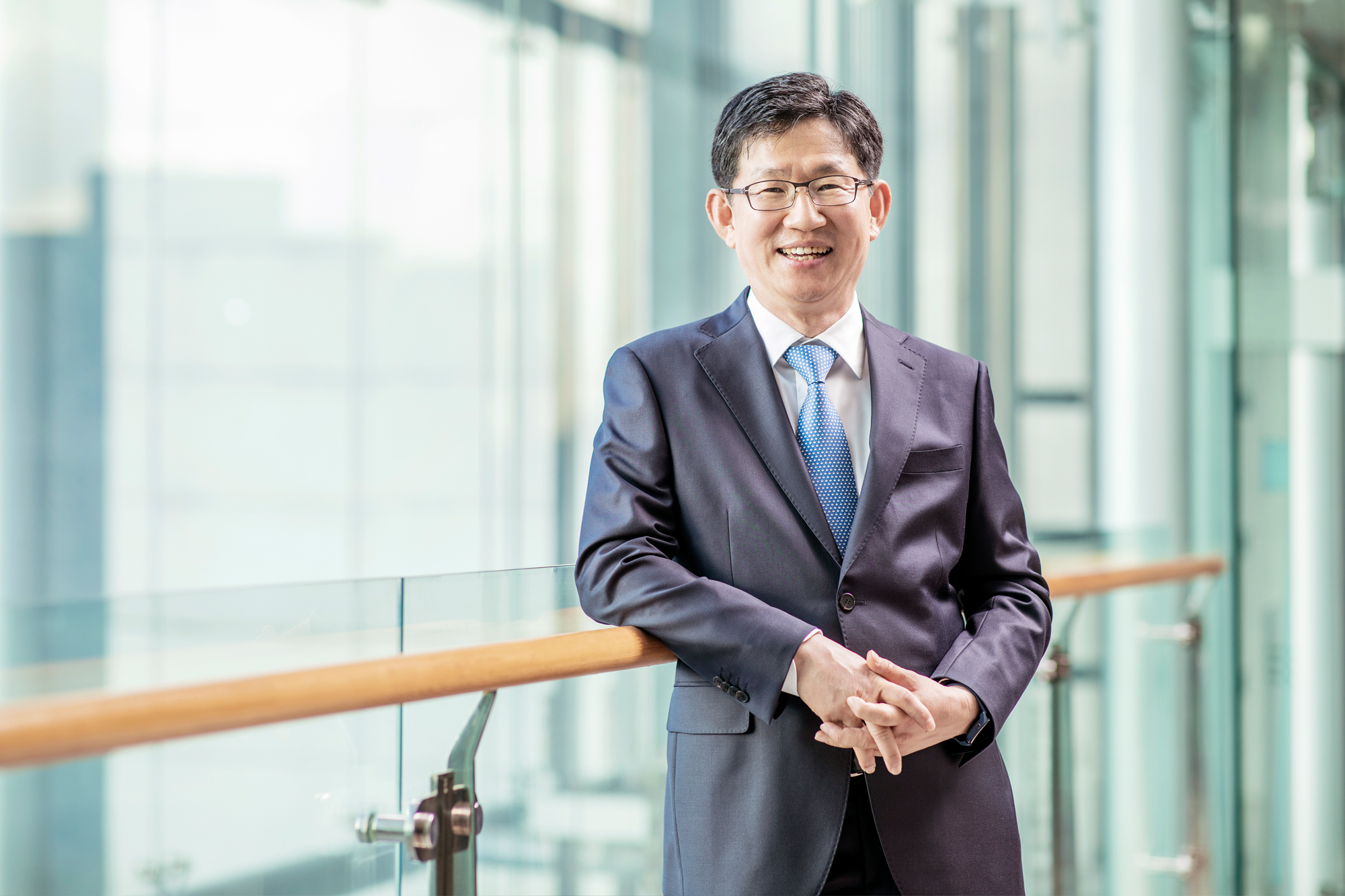
"A hundred years ago, during the Japanese colonial era, when the national sovereignty of Korea was taken away, our seniors started law education here in Yonsei without succumbing to the dark days. Inheriting the proud tradition of the Yonsei Law, the Institute for Legal Studies is currently facing the first year of a new century of law education. To become a future-leading specialized research institute in the field of law, we strive to develop new research areas and continue to attempt convergence and cooperation in research fields that were traditionally disconnected. We seek your encouragement as the Institute for Legal Studies again takes off to emerge as a leading institution in 21st-century law research."
Professor Park Dongjin
Director of the Institute for Legal Studies
Professor, Yonsei Law School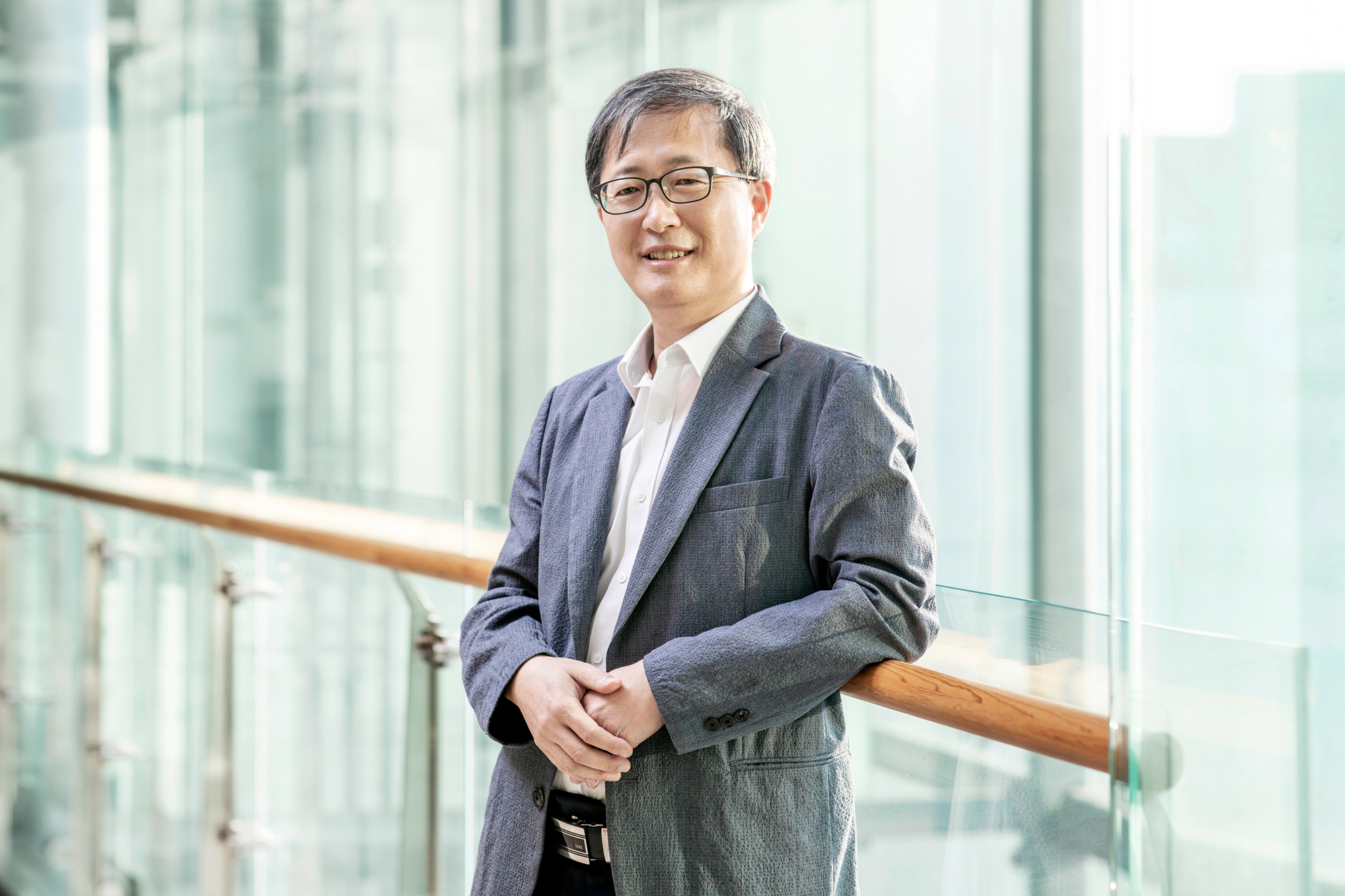
"Law is the oldest academic discipline directly connected to all areas of human life. The Institute for Legal Studies is studying the past, present, and future of various laws in our society so that we can realize justice while practically keeping up with the ever-changing and complex modern society. In the era of law school, the institute is becoming a world-class law research institute and an institution that fosters the next generation of academics in the field of legal studies."
Professor Kim Hongki
Vice Director of the Institute for Legal Studies
Professor, Yonsei Law School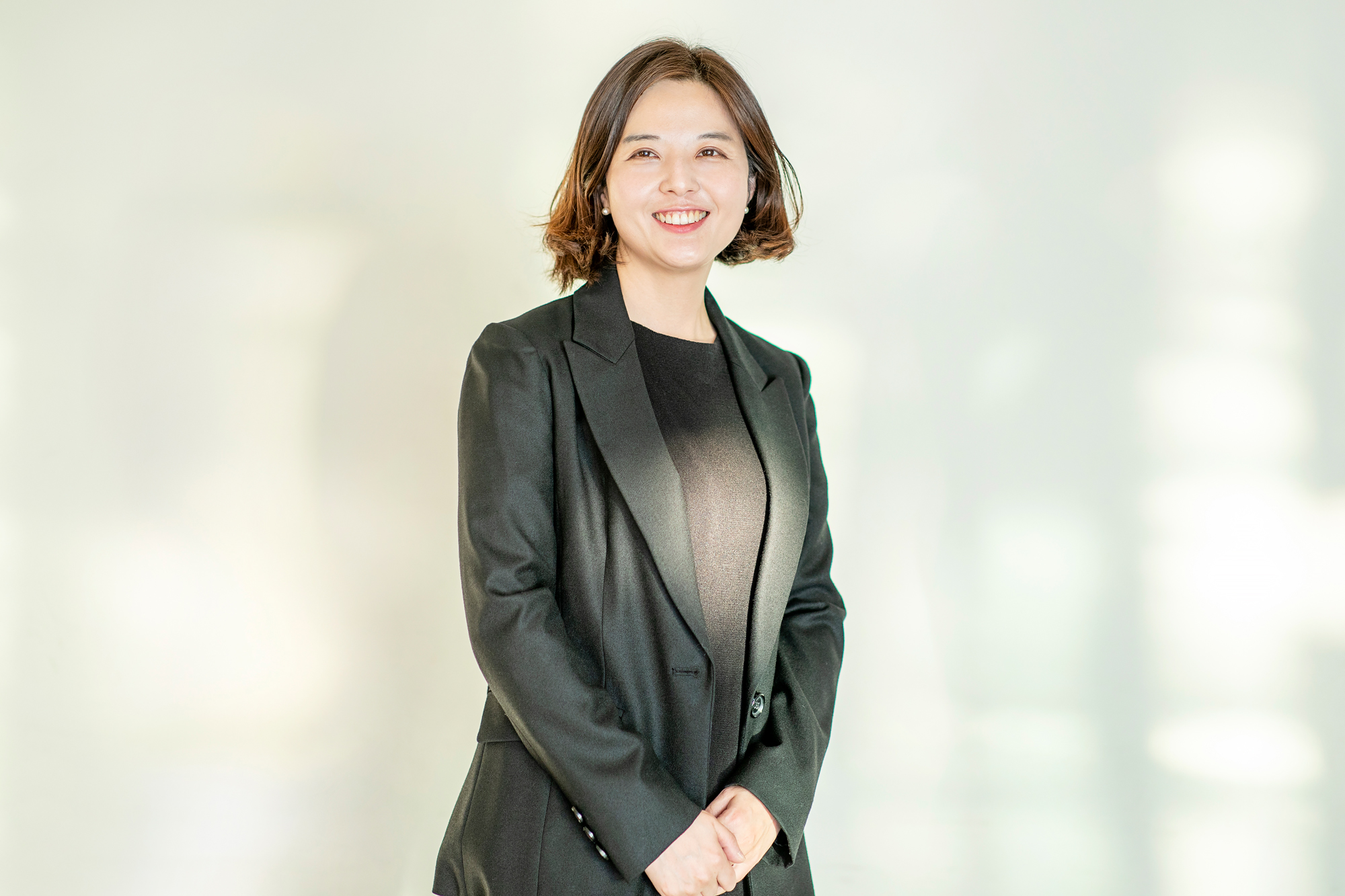
"The Institute for Legal Studies holds various academic events at home and abroad and introduces excellent papers through academic journal publishing projects. In 2021, marking the 100th anniversary of Yonsei's law education, we are trying to establish ourselves as the best law research institute in Korea in the field of legal studies."
LL.D. Jiyoon Seog
Professional Researcher, the Institute for Legal StudiesDoctor of Laws
show mobile menu
mobile menu

